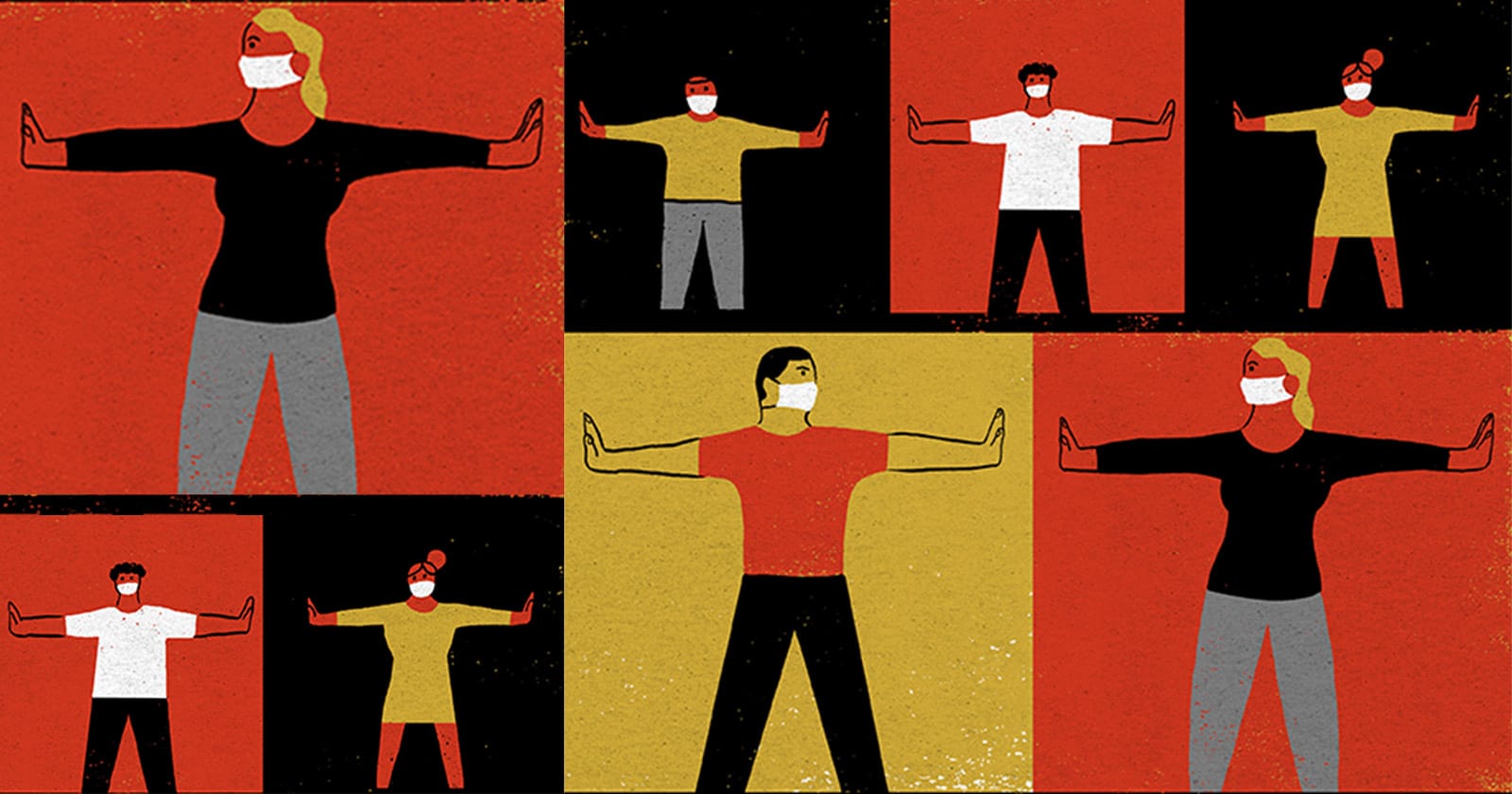On Purpose
After a year when millions of Americans lost their jobs, what we now see is that there are so many opportunities that remain unfilled. A recent JOLTS report showed that “job openings in April soared to a record 9.3 million, as the economy rapidly recovered from its pandemic depths.” Yet on the other hand, according to the Bureau of Labor Statistics, around 4 million people quit their jobs in April, the highest ‘quit level’ since the agency began publishing these rates in December 2000. For businesses struggling to fill the talent gap, these numbers may look concerning, but in reality, may bring about a better economy.
Before the pandemic, many workers struggled to find a balance between work and family, or were unhappy with their company or position. In a year of remote offices and constant Zoom meetings, routines have been flipped upside down and given people an opportunity for self-reflection. The pandemic has been seen by some as a “wake-up call,” because people are beginning to reevaluate careers and look to do something different now than what they did before. As news outlets begin to dig into this ongoing sensation, several stories have emerged as to why thousands of workers are quitting their jobs.
In a piece by CBS News, John White told his story about trying to get a permanent job at the company where he’s been a contractor for two years, but his applications to open positions there have been constantly rejected. Whenever he asked for a raise, White was given one excuse or another. So he left, and in June took a job offer with a rival company paying an additional $2 more per hour, as well as paid time off and health insurance.
An article from The Washington Post explored the thought process of Vladi Kuschnerov, who worked in the digital marketing technology industry as a chief operating officer. He left that position to start his own business, which he’d wanted to do for years. It wasn’t until the pandemic that he finally took that leap and quit his job.
“These thoughts didn’t start in the pandemic, but they intensified in the pandemic,” Kuschnerov said. “I always wanted to give back to the community with a mission-driven kind of vision, but as corporate life cycles go, you’re always pursuing the next thing, the next promotion.” The constant pursuit of promotion and praise, he admitted, isn’t the same without the positive effects of an office environment.
While working remotely, and without the usual daily relationships at the office to ease the stress of worklife, he reflected on what it was he truly wanted to accomplish at his age. “While we were working remotely, all of these positive things in the workplace that you have around you,” he said, “a lot of them were stripped away.” Without those distractions, he found the time to reconfigure and invest in a new career purpose.
Jack Kelly of Forbes recently wrote a piece featuring Texas A&M University professor Anthony Klotz, who concluded that “the great resignation is coming,” arguing that when “there’s uncertainty, people tend to stay put, so there are pent-up resignations that didn’t happen over the past year.” With economic certainty returning as the country calms after the pandemic, workers will continue to see the record-number of job openings as a chance to leave their current employer for better work.
Employers have also come to realize that remote offices can help achieve the perfect balance between work and family life. Here at Purpose Worldwide, we’ve always been virtual, even before the pandemic. Combined with our dedication to work with clients who have a purpose that drives their growth, our employees – Purpose Lifers, as we like to call them – enjoy delivering on purposeful and fulfilling work for our clients, without missing out on life at home.
Before businesses react too strongly to the numbers coming out about the economy, be mindful that employees are often quitting with good intentions. It’s not about job quantity, its about job quality. Like John White, who used the surging economy as an opportunity to quit his job and find a better one, or Vladi Kuschnerov, whose burnout from his remote-work routine over the past year led to a career change today. Although the resignation numbers may be staggering, a revitalized and mentally balanced workforce will further help the recovering economy.




Leave a Reply